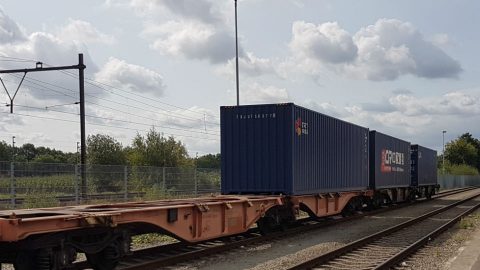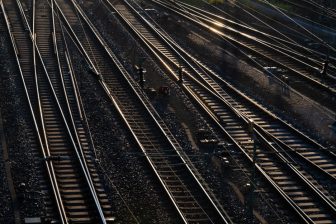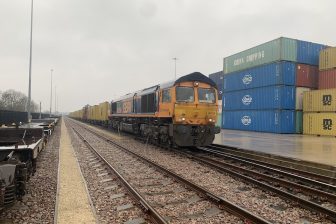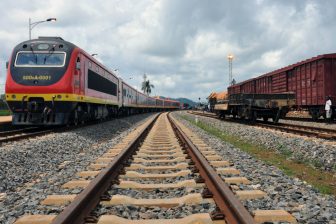
No real facts indicate that transported chemicals are used for drug production
Railport Brabant, train on the way to China
Assumptions around the possible use of chemicals transported via the China-Netherlands rail connection to produce drugs are incorrect. The companies involved in the route and the Dutch police have contradicted such claims, which were made earlier by a local Dutch newspaper.
Do you want to read the full article?
Thank you for visiting RailFreight.com. Become a member of RailFreight Premium and get full access to all our premium content.
Are you already a member?
Having problems logging in? Call +31(0)10 280 1000 or send an email to customerdesk@promedia.nl.




